News
Popular searches: Influenza, Childhood cancer, Endometriosis, Inflammation
-

Study targets bone health, wellbeing
A new study for a method to predict long-term bone health issues in people with cerebral palsy could help to improve their quality of life.… Read more
-
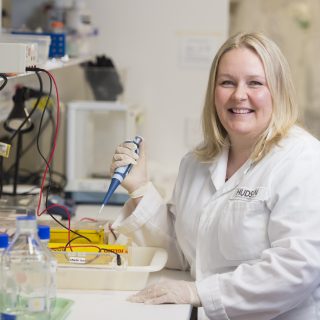
Double trouble for tumour cells
The discovery of how some cancer drugs can deliver a ‘double-hit’ when targeting tumour cells could lead to further advancements in treatment. A new study has challenged the long-held belief that a type of induced cell death, which is regulated by the BCL-2 family of proteins, attacks cells in only one way. The findings published… Read more
-

NHMRC Project Grant success
Hudson Institute has had excellent success in the recent NHMRC and ARC Grant rounds.… Read more
-
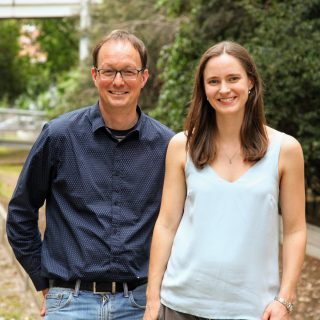
Male health at conception could impact child health
A study by Hudson Institute scientists has identified a new pathway of non-genetic inheritance that could one day link a father’s lifestyle choices, including diet, alcohol, drugs, smoking and medications, to the development of his children. While women who are trying to fall pregnant know to avoid smoking and drinking, there has generally been less… Read more
-
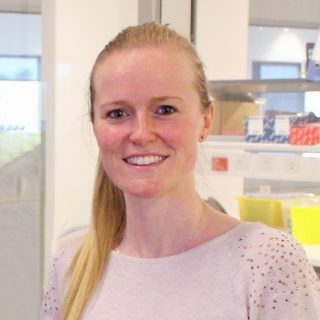
Researchers awarded Ferring Innovation Grants
Two Hudson Institute researchers have been awarded 2018-19 Ferring Innovation Grants. Dr Fiona Cousins and Dr Tracey Edgell were named among eight international researchers, with this year’s program focused on reproductive medicine, women’s health and more. The grants attracted a record number of applications, with those selected considered to be at the cutting edge of… Read more
-
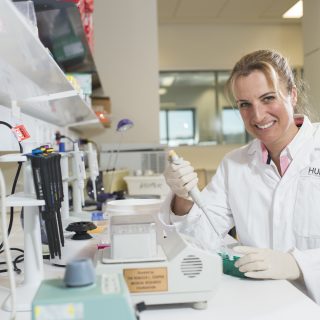
Fielding Foundation awards for researchers
Hudson Institute’s finest medical researchers will continue to push the boundaries in their field thanks to continued generous support from Mr Peter Fielding and the Fielding Foundation. This year, Research Group Heads, Associate Professor Claudia Nold (2019 Fielding Foundation Fellowship) and Dr Michael Gantier (2019 Fielding Innovation Award), were rewarded for their innovative scientific projects.… Read more
-
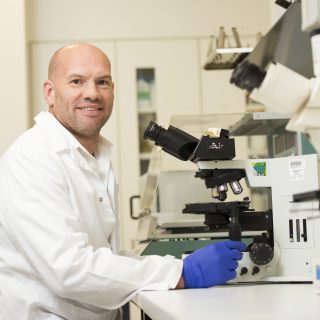
Kokoda challenge inspires new cerebral palsy study
Hudson Institute researcher, Associate Professor Tim Moss, is working with a family from his local community to improve movement in children with cerebral palsy.… Read more
-
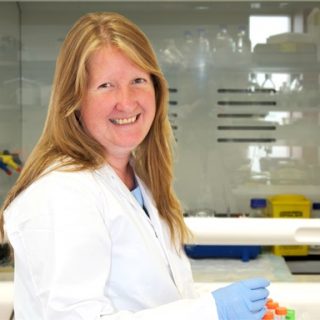
Small protein could solve big puzzle for unexplained infertility
A key protein that could help some women with unexplained infertility to achieve a healthy pregnancy has been identified. Research into assisted reproductive technologies such as IVF has largely focused on the production of viable embryos. … Read more
-
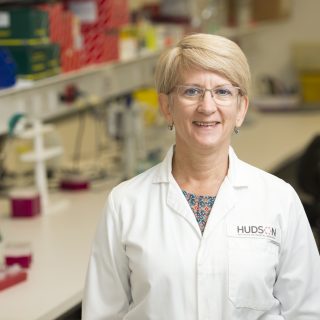
Gene could hold vital clues to fertility and eye health
A gene that impacts cancer cells may be vital to fertility and eye health in both men and women, according to new research by scientists at Hudson Institute of Medical Research. … Read more
-

A step closer to discovering the causes of growth disorder
Hudson Institute researchers have identified new genetic factors that could help to uncover the causes of the rare overgrowth disorder, Beckwith-Wiedemann syndrome.… Read more
